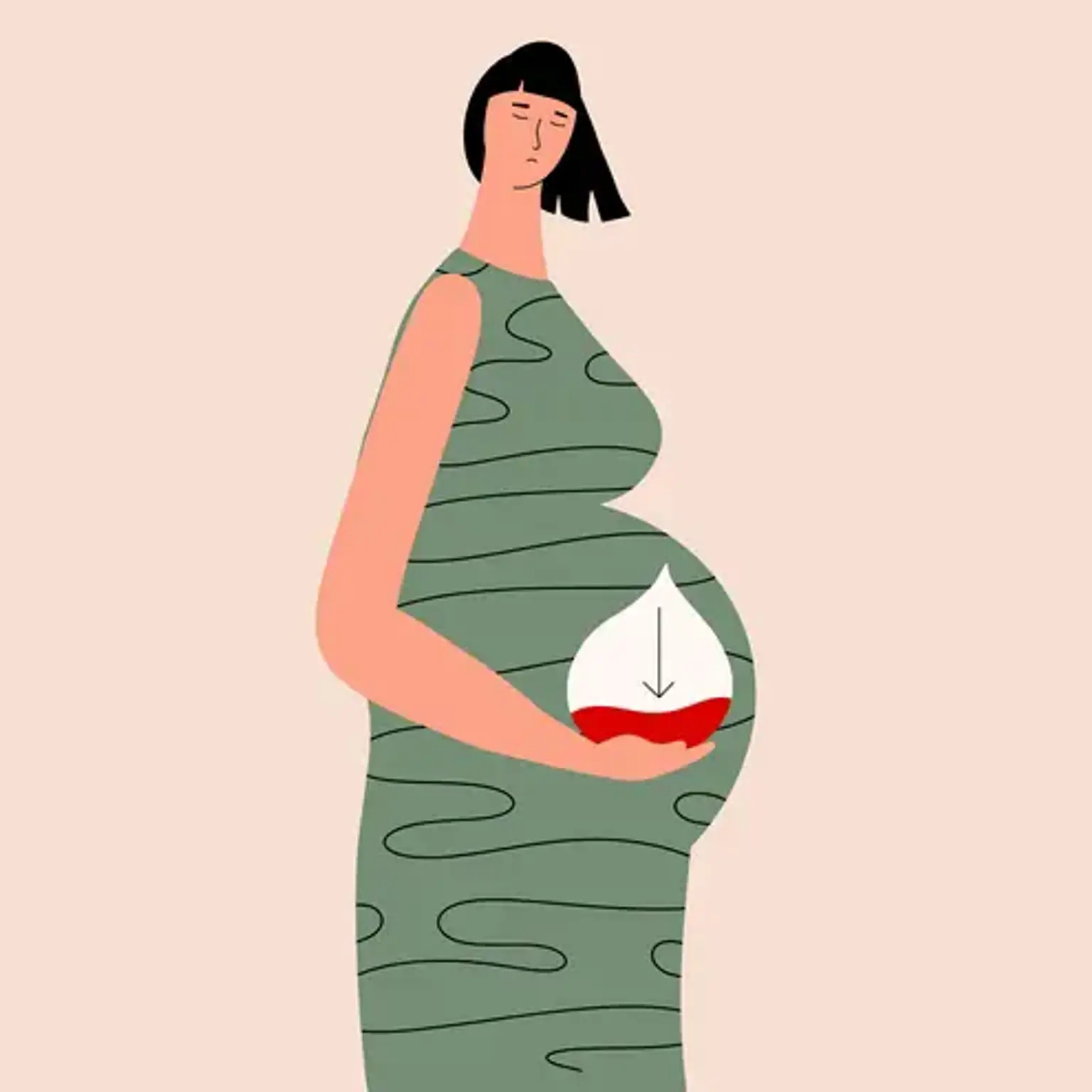Introduction
Overview of Anemia in Pregnancy
Anemia during pregnancy is a common condition that occurs when the body lacks enough healthy red blood cells to carry oxygen to tissues and the growing baby. It affects millions of pregnant women globally, with iron deficiency anemia being the most prevalent type. The demands of pregnancy, including increased blood volume and nutritional needs, make women more susceptible to anemia. Proper management is essential to ensure a healthy pregnancy for both the mother and the baby.
Understanding Anemia’s Impact on Pregnancy
Left untreated, anemia can lead to significant health risks, including fatigue, reduced immune function, preterm labor, and low birth weight for the baby. Fortunately, with early detection and effective management strategies, anemia can be addressed safely. In Korea, advancements in maternal health care have made it a leading destination for comprehensive prenatal care, including anemia management. This article explores the causes, symptoms, treatments, and preventive strategies to help expectant mothers manage anemia safely during pregnancy.
Causes and Types of Anemia in Pregnancy
Causes of Anemia During Pregnancy
Anemia in pregnancy can occur for several reasons, with iron deficiency being the most common cause. During pregnancy, a woman’s blood volume increases by up to 50%, requiring more iron to produce hemoglobin for red blood cells. Inadequate dietary intake or poor absorption of iron can lead to a deficiency. Additionally, insufficient intake of folic acid and Vitamin B12 can contribute to anemia, as both are essential for the production of healthy red blood cells.
